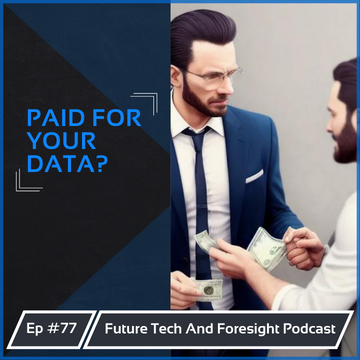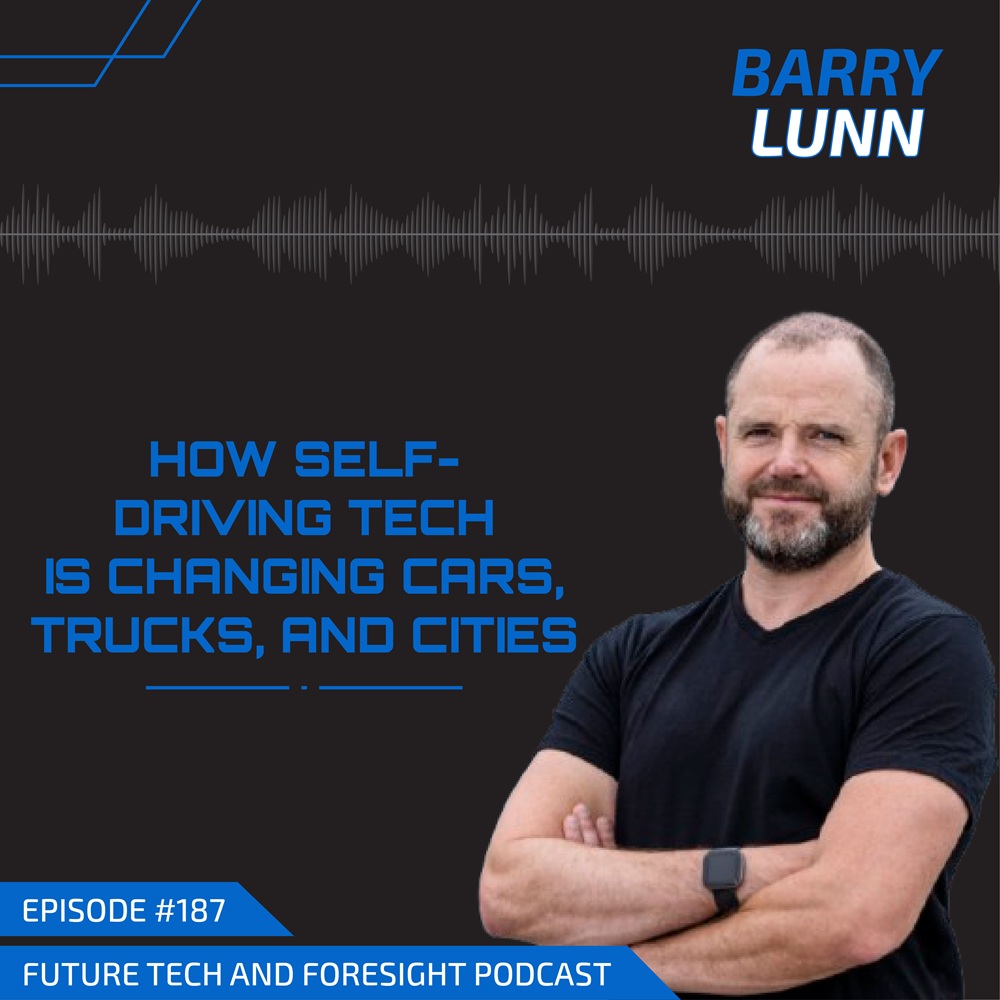Transcript
Over the last 20 years data’s importance has grown in lock step with the amount of digital products and services used by businesses, governments, and individuals. For this period of digital growth almost all individual consumers didn’t think about the importance of their data and gave it away for free by skipping through user and data agreements as quickly as possible to access the desired free app, tool, or website. This has created a dominant narrative of data being treated as a free resource that is somehow detached from personal ownership, it is simply something that others need and use at no personal cost.
However, for most individuals the growing understanding of data’s importance has only started to be realised through popular documentaries like The Social Dilemma or watershed events like Cambridge Analytica. As partially argued in the previous blog post on why data is important for our future, it is now becoming clear that data is not just important for individual privacy concerns, but is at the core of massive financial interests leading today’s tech giants to scoop up as data as much possible, repurposing it, and selling it off to other organisations for massive profit.
But does this have to be the case?
Does it only have to be the tech giants and new cunning digital entrepreneurs who leverage our data that benefit?
What if we somehow used our data for our own individual benefit? What would be the result?
Data as labour
Today, we don’t just work during our 9-5 jobs, but we continue to ‘work’ when liking that friend’s new picture, telling Alexa to skip a song, commenting on a favourite youtube video, or reviewing a restaurant on a dining app. This ‘work’ is of course generating data for the companies that collect all interaction on their platform, and when merged with all the other users, create valuable information for marketing companies, product development, and even political interests all of which are willing to pay large sums of money for this information to advance their interests.
A new idea has surfaced in the last few years that is trying to flip the script of treating individuals as passive digital consumers to being honoured as data suppliers. Essentially rather than offering all digital interactions for free to the tech giants that hoover up the information, the data that individuals produce should be owned by them, and offered or sold or held privately.
The idea of honour is also closely tied to the cultural notion that to provide your labour to the market has been traditionally honourable. Therefore, this is not just semantics but may have a real world change as “workers respond to incentives to work harder and produce higher quality goods and services.” And in an era where data is the new oil, the quality of data is becoming more important every year for AI development.
Social Benefits
There are a few essential differences between seeing individuals as suppliers rather than consumers. The most relevant when it comes to jobs and automation is that when the individual is seen as a consumer, it “prepares for AI to displace workers either by supporting UBI or reserving spheres of work where AI will fail for humans, while the supplier paradigm sees machine learning as just another production technology enhancing labor productivity and creating a new class of “data jobs”.
Therefore Data as Labour might actually be part of the solution to concerns about technological unemployment. If the labour market undergoes a shift towards valuing our interaction with digital goods and services as essentially a ‘job’, as our economy continues to expand more into a virtual world, our digital interactions will continue to grow increasing the amount of ‘data labour’ that can be provided, offering more potential remuneration for participating individuals. This would also flip the flow of revenue from a few of the tech giants towards a more broad base of citizens, and maybe even alleviating needs for UBI proposals, or other economic welfare programs.
If this can be realised how can it be achieved?
The way forward
Alternatives
In the last several years as ideas connected to the Data as Labour movement have gained ground, alternative platforms to some of the social media giants have emerged. Examples like MeWe, Ello, Bitchute etc, treat individuals as customers where no ads are shown, news feeds are controlled, and your personal data isn’t sold to large corporates.
Another similar option are decentralised networks supported through blockchain technology. Steemit for example is a social blockchain where you can get paid for posting blog articles based on direct community engagement, and all data is stored on the blockchain fostering transparency as it can be publicly viewed.
Though they are growing in number and reach there are still limited users by comparison, and the network effect clearly supports legacy platforms. Furthermore, Alternative services which compete against the dominant free-to-use platforms may not be enough to break the consumer paradigm. This is mostly due to the fantastic power that the tech giants can wield, and their ability to simply buy out competing models, or use other tactics to preserve their influence and authority.
Data Labour Unions
As labour unions were instrumental in preserving craftsmen’s conditions and pay in the 1700s, it is being argued that Data labour unions, might be key players to bring about this paradigm shift.
Whether we go down the road of alternative decentralised platforms and apps, or a larger socio-political labour movement, the eventual data as labour paradigm that we might enter could offer solutions to many of today’s automation, job, labour, and digital problems.











